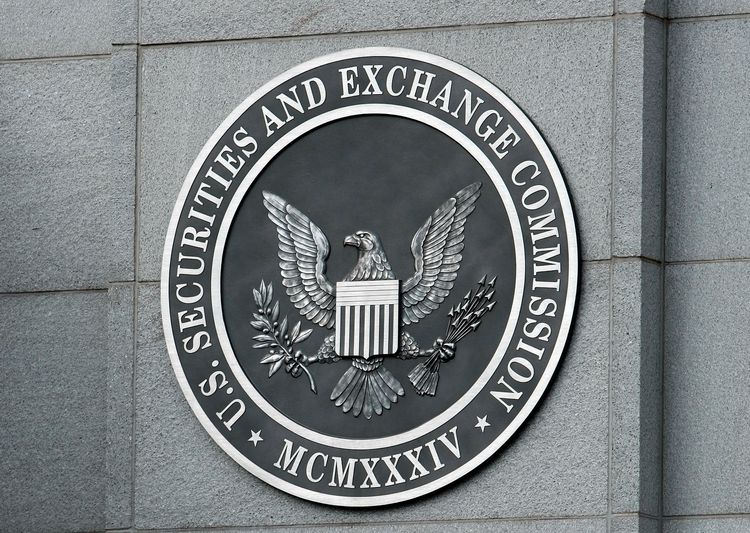In a significant legal development, a federal judge has ruled that the U.S. Securities and Exchange Commission (SEC) committed a “gross abuse of power” in its legal battle against DEBT Box, a Utah-based cryptocurrency company. The ruling requires the SEC to cover the legal expenses incurred by the defendants, marking a notable setback for the regulator in its efforts to police the crypto industry.
Background of the Case
The SEC initiated a lawsuit against DEBT Box last year, alleging that the company was involved in fraudulent activities by claiming to sell licenses for cryptocurrency mining while merely creating tokens with code. In response to these allegations, the SEC obtained a temporary asset freeze and restraining order against DEBT Box. However, DEBT Box challenged the restraining order, arguing that the SEC had misled the court regarding the company’s financial activities, including moving funds and closing bank accounts.
Court’s Findings and Sanctions
Chief Judge Robert Shelby of the District of Utah concluded that the SEC’s legal team had indeed misled the court both when applying for the temporary restraining order and in subsequent defenses of the order. Judge Shelby’s order emphasized that the SEC’s actions were characterized by a series of falsehoods, mischaracterizations, and misleading statements. As a result, the court has sanctioned the SEC, mandating it to pay both the defendants’ and the receivers’ legal fees.
Implications of the Ruling
The ruling represents a significant rebuke of the SEC’s conduct in prosecuting DEBT Box and raises questions about the agency’s approach to regulating the cryptocurrency sector. The judge’s decision to focus on the issue of the temporary restraining order, rather than the underlying case, underscores the importance of integrity and accuracy in legal proceedings.
The SEC, currently reviewing the decision, faces increased scrutiny over its regulatory and enforcement tactics in the fast-evolving crypto market. This case may influence future regulatory actions and legal strategies employed by the SEC as it navigates the complexities of cryptocurrency regulation.
As the legal landscape for cryptocurrencies continues to evolve, this ruling highlights the challenges regulators face in balancing oversight with fairness and transparency in their enforcement efforts. The outcome of this case may have broader implications for how regulatory agencies engage with emerging technologies and the companies that operate within this space.
